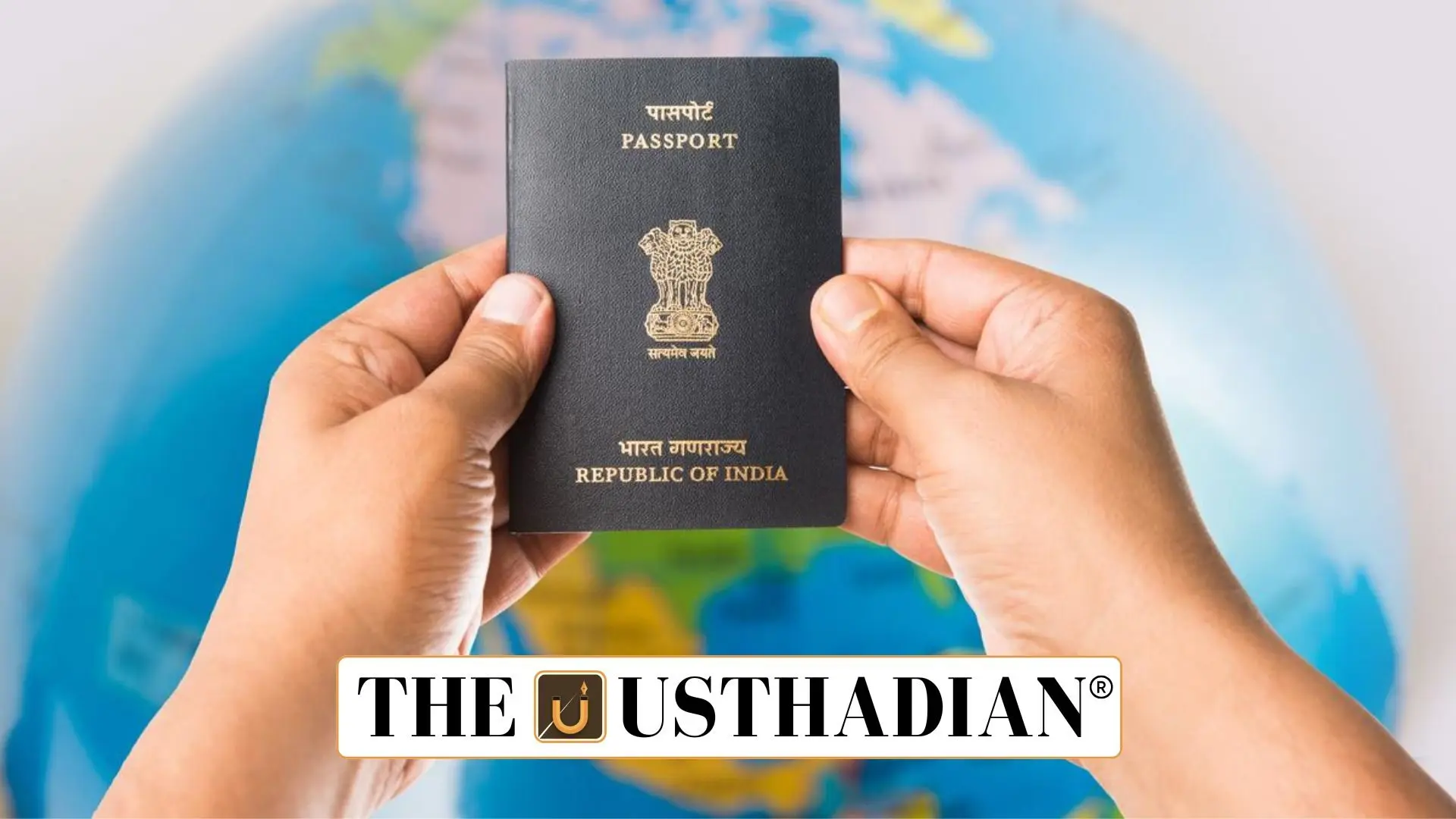A Fresh Start for India’s Immigration Framework
Immigration and Foreigners Bill, 2025: Key Reforms for a Modern India: The Immigration and Foreigners Bill, 2025 was introduced by Minister Nityanand Rai to overhaul India’s outdated immigration laws. Instead of a patchwork of four colonial-era acts, the new bill establishes a comprehensive legal framework that focuses on national security, streamlined procedures, and clear penalties. By unifying rules under one roof, the government hopes to eliminate confusion and improve enforcement at every entry point into India.
Stronger Controls on Entry and Stay
One of the most talked-about features is the entry restriction clause. Under this provision, any foreigner deemed a threat to India’s sovereignty or public order can be refused entry or asked to leave immediately. Newcomers must complete mandatory registration upon arrival and face limits on moving to protected or restricted zones without special permission. Even hospitals, educational institutes, and nursing homes will have to inform immigration authorities if they host a foreign national, ensuring every visitor is accounted for.
Harsher Penalties to Deter Violations
To tackle illegal immigration and document fraud, the bill introduces stiffer punishments. A foreigner entering without a valid visa can get up to five years in jail and a ₹5 lakh fine, while forging papers carries up to seven years of imprisonment plus hefty fines. Overstaying visa conditions now attracts a punishment of up to three years behind bars along with fines of ₹3 lakh. By raising the cost of non-compliance, the government hopes to discourage would-be violators and protect India’s borders more effectively.
Accountability for Transport Carriers
The bill places significant responsibility on airlines, shipping companies, and other carriers. They must verify each passenger’s documents before boarding or face penalties up to ₹5 lakh. If a foreigner is denied entry, the carrier must pay for their return journey or risk having their vehicles impounded. This shift ensures that carriers play an active role in enforcing immigration rules, preventing cases of human trafficking and smuggling that once slipped through the cracks.
Preparing for Tomorrow’s Challenges
To enhance preventive security, the bill mandates that airlines share advance passenger data for both travelers and crew before arrival. This allows immigration officers to flag potential risks and monitor movements in real time. As India welcomes nearly 10 million foreign visitors annually, the new measure will help authorities spot suspicious travel patterns well before flights land. Such forward-looking steps mark a big leap from reactive checks to proactive surveillance.
STATIC GK SNAPSHOT FOR EXAMS
Immigration and Foreigners Bill, 2025: Key Reforms for a Modern India:
| Topic | Fact |
| Acts Repealed | Passport Act 1920; Registration of Foreigners Act 1939; Foreigners Act 1946; Immigration (Carriers’ Liability) Act 2000 |
| Maximum Jail Term for Illegal Entry | Up to 5 years |
| Fine for Forged Documents | Up to ₹10 lakh |
| Visa Overstay Penalty | Up to 3 years imprisonment and ₹3 lakh fine |
| Carrier Penalty for Invalid Documents | Up to ₹5 lakh fine |
| Advance Passenger Data Introduced | Required for all airlines and vessels to share passenger and crew details before arrival |
| Foreign Visitors (2023–24) | 9,840,321 foreigners |








